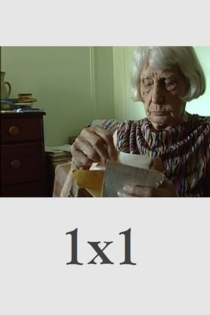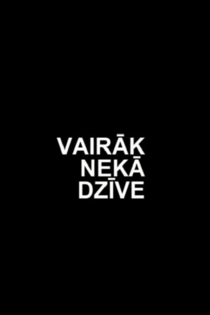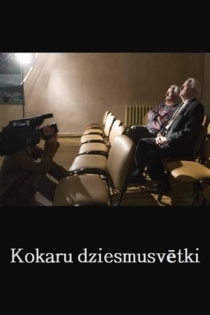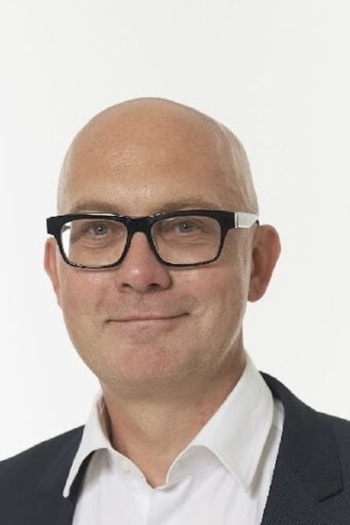
Gints Grūbe
1972 (53 года)Pa-saules skaņa
Dāvis Sīmanis Jr., Gints Grūbe
Composers are regular people – they drive public transport, do sports, pay their bills. And still – they are very different as they are able to comprehend sound. The documentary film Sounds Under the Sun is an inspiring cinematic journey all over the world to meet some of the world-famous contemporary classical music composers. Visiting Alaskan forests, skyscrapers in Tokyo, and war zone in Georgia, the film gives a glimpse of how the composers share their struggle to create music from the moment of sonic creation till the moment when their music is interpreted for public (the film features composers Sir John Tavener from the UK, Leonid Desyatnikov from Russia, Giya Kancheli from Georgia, Dobrinka Tabakova from Bulgaria, John Luther Adams from the USA, and Ko Matsushita from Japan, and one of the world’s best youth choirs, Kamēr..., from Latvia).
Sounds Under the Sun
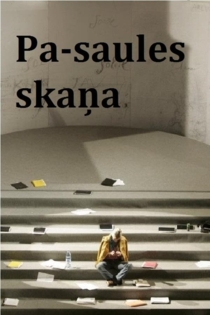
Escaping Riga
Dāvis Sīmanis Jr.
Gustavs Briedis, Gints Grūbe
The film is based on true events, it tells the stories of two outstanding personalities of the 20th century – Sergei Eisenstein and Isaiah Berlin, who were both born and spent their childhood in Riga but soon had to leave the city. The film follows the lives of the two characters during the turbulent first half of the 20th century, telling how one of them becomes “the greatest film director of his generation” in the totalitarian Soviet Union, and the other “the greatest thinker of his generation” in liberal Great Britain.
Escaping Riga
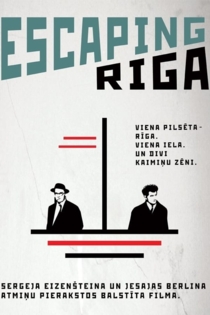
Spiegs, kurš mans tēvs
Jaak Kilmi, Gints Grūbe
Ieva Lesinskis
As a young Soviet student in 1978, Ieva could not have predicted that a holiday visit to her father, Imants Lesinskis, then working in the Soviet mission at the United Nations in New York City, would irreversibly split her life in two. Entangled in a dark spy game, Ieva is forced to leave her former life behind, never to see her mother or her homeland of Latvia again. Pulling back the curtain on the shady behind-the-scenes world of the Cold War, this film tells a daughter's dramatic story of her double-agent father, exploring their relationship against the backdrop of events which have their roots over four decades ago. In order to find herself and understand the game she was part of, Ieva sets out on a journey to the past, confronting family secrets, lies and betrayal.
My Father, the Spy
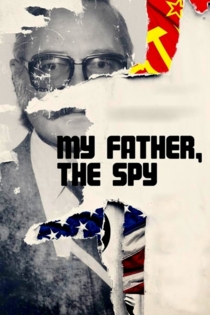
Lustrum
Gints Grūbe
“Lustrum” was one of the state administration principles of the Roman Empire – a five-year period after which public administrators underwent a purification and repentance process that was usually accompanied by a sacrifice. During this time, the representatives of the previous administration confessed all their sins, repented and genuinely swore allegiance to the new administration. The Cabinet of Ministers of the Republic of Latvia has made a decision to open the KGB archives in May 2018. The film is an endeavour to answer the question of whether the lustration that never took place in the 1990s may turn out to be dangerous for the future existence of statehood.
Lustrum
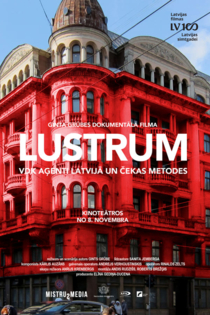
1x1
Gints Grūbe, Daina Rašenbauma
Since Latvia regained independence in 1991, only a small number of all those who emigrated during the 1940s returned, though many of them had been waiting for the occupation to end. This is about the first generation of Latvian émigrés - those who came back, and those who chose to stay in the West.
1x1
